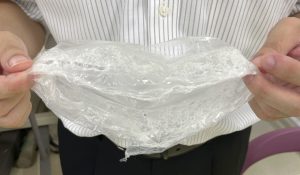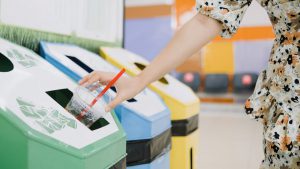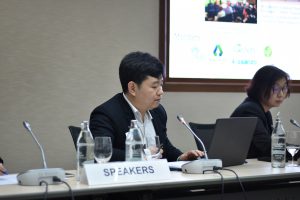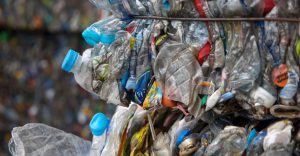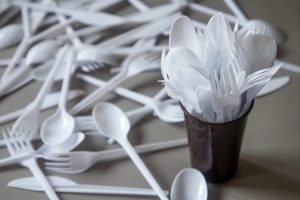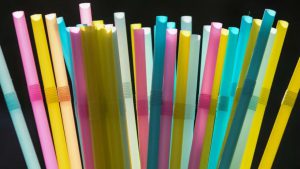Hong Kong will ban throwaway plastic tableware from restaurants from April 22 next year, a few months later than first planned, after lawmakers approved the legislation on Wednesday.
The ban will come into force just weeks after charging for municipal solid waste bags starts on April 1, and some lawmakers said they had concerns about potential problems from the two policies coming into force in quick succession.
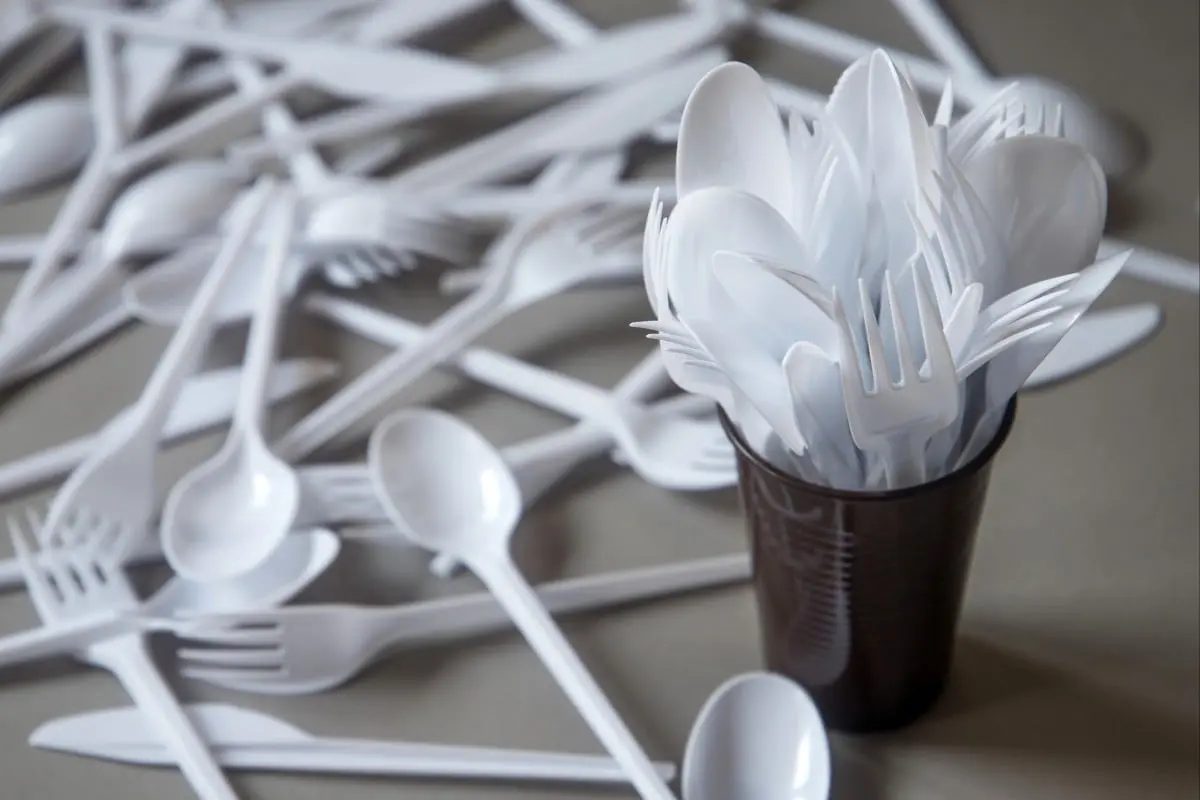
“The close commencement dates will create difficulties for the industry,” Tommy Cheung Yu-yan, of the catering functional constituency, predicted.
“I hope the ban will not be introduced before May 1 so as to give the industry some more space between the waste charging and this ban.”
Cheung also appealed to restaurants to avoid building up stocks of single-use plastics to avoid a breach of the new rules after the law changes and to source alternatives as soon as possible.
The ban will be introduced in two phases, with the first prohibiting the sale and distribution of disposable plastic tableware, such as expanded polystyrene containers, plastic straws, stirrers and cutlery.
The first phase also covers products that have non-plastic alternatives, such as cotton buds, umbrella covers and glow sticks.
Hotels and guest houses will be barred from supplying toiletries in synthetic disposable containers and free in-room water in plastic bottles.
Phase two, which could start as early as 2025, will outlaw plastic food containers and the free distribution of products such as plastic-stemmed dental floss and earplugs.
Environmental authorities have set up an online platform with advice on non-plastic disposable tableware supply, renting cutlery and cleaning services to help the catering industry, suppliers and the public.
The Environment and Ecology Bureau in March said it aimed to start the ban late this year or at the beginning of 2024 “at the earliest”.
But it said last week that the new law would come into effect in the second quarter of next year.
Lawmaker Elizabeth Quat, the chairwoman of the environmental affairs panel, explained the legislation would have “a far-reaching impact, not only on people’s lives, but also on the industry” and needed detailed discussions to clear up misunderstandings.
Secretary for Environment and Ecology, Tse Chin-wan said authorities would mostly issue warnings to offenders in the first two months of the ban, but would then move to enforcement action.
The Environmental Protection Department will also set up a telephone hotline to deal with public inquiries and complaints, he added.
Lawmaker Cheung asked environmental officials to assess the ban’s impact on the economy and the public before phase two began.
“If the impact is serious, I think authorities shouldn’t be afraid to wait a little longer,” he said.
Gary Chan Hak-kan, of the Democratic Alliance for the Betterment and Progress of Hong Kong, said the government should help change restaurants’ habits, as they now tended to include single-use cutlery in takeaway orders.
Wholesale and retail sector lawmaker Peter Shiu Ka-fai warned the public to be prepared for restaurateurs to pass on additional costs to them.
“There’s no such thing as a free lunch,” he said. “The price difference between plastic tableware and substitute products for takeout is not by a few percentage points, but maybe by several times.”
Shiu also appealed to authorities to encourage employers to acquire reusable utensils for their staff.
Tony Tse Wai-chuen, of the architectural, surveying, planning and landscape functional constituency, added the government should increase its efforts to promote reuse and recycling to cut waste at source.
But environmentalists appealed to the government to introduce the ban as soon as possible and to avoid delays to the introduction of phase two.
“Early implementation of the single-use plastics ban can help residents change their living habits before the implementation of garbage charges on April 1,” Greeners Action’s Beatrice Siu Wing-yin said.
“Now that the two laws will come into force only 22 days apart, people have to adapt to both in a short time, which may cause a more tremendous backlash than the original arrangement.”
Greenpeace campaigner Leanne Tam Wing-lam said the government should give a firm start date for phase two and launch a publicity campaign.
“Besides banning plastics, governments in other places are investing resources to promote reuse to replace disposable tableware,” Tam said. “Otherwise, the industry will switch to disposable tableware made of other materials, significantly reducing the effectiveness of waste reduction.”
The solid waste charging scheme will mean the public must buy government-designated plastic bags, which will come in nine sizes, with each litre of capacity priced at 11 HK cents (1.4 US cents).
There will also be a six-month grace period after the regulation comes into force.

